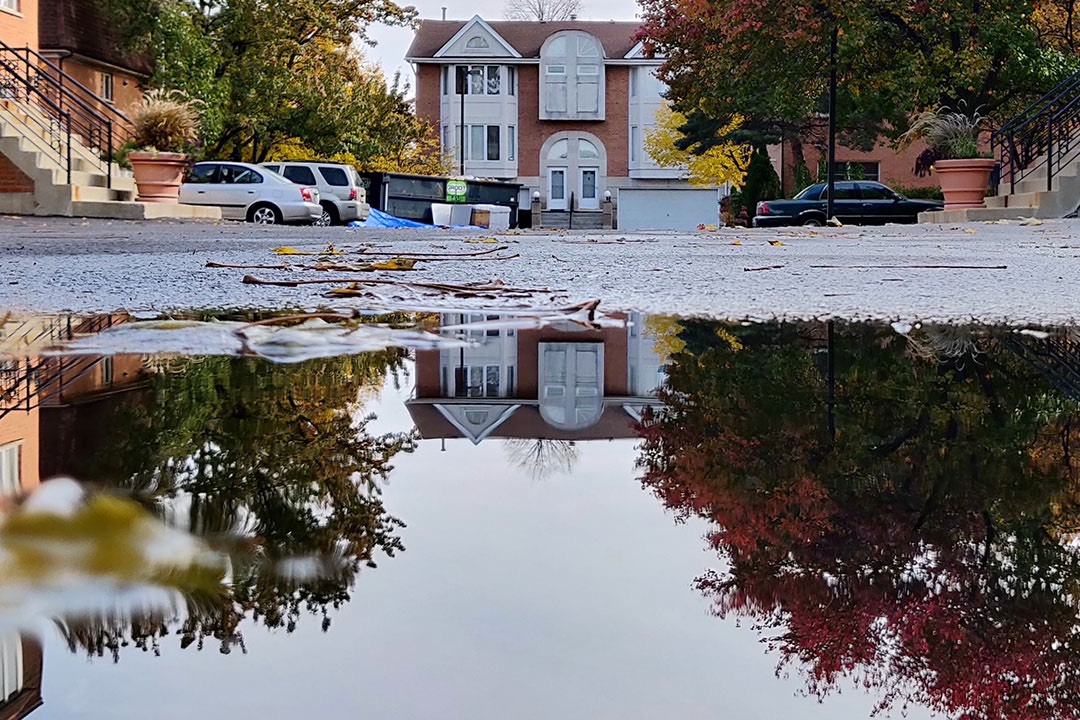Asphalt — thick, black, and ‘sticky.’ It is a strong, durable, and ecologically friendly material used for the majority of streets, playgrounds, and parking lots. It provides a smooth surface for bike riders, automobiles, and truck traffic on roadways. Asphalt muffles the sound of the vehicle tires and provides skid-resistance.
Asphalt parking lots are well known for increasing property value and creating an excellent first impression to business customers who experience the vibrant, black color highlighting the bright striping of parking spaces, pedestrian crosswalks, and directional arrows. For these reasons, the strength and durable nature of asphalt is an excellent business investment. Unfortunately, this investment is not immune to damage over time.
The following are causes for parking lot damage:
Extreme Temperatures
Extreme cold or heat can bring its fair share of damage to the smooth asphalt surface in a parking lot. Freezing temperatures forms ice in the soil causing a condition known as frost heave that pushes the ground upward, resulting in pavement cracking. Winter's temperature fluctuations in freezing and thawing, bringing the expansion and contraction of pavement, is another cause for parking lot damage. This temperature fluctuation is known as thermal fatigue and serves to undermine the structural soundness of the lot surface with more severe cracks and potholes.
As bad as extreme cold is to asphalt, so is the excessive heat of summer months. The sun's UV rays can bring oxidation of the asphalt surface that turns that vibrant, dark black color to a light grey as well as lessen the sharp, clearly delineated line striping of parking spaces, pedestrian crosswalks, and directional arrows. Such a surface is weak and can bring water to seep under the asphalt, causing damage to the sub-base foundation. Exceptionally scorching weather brings about brittle pavement and a condition known as raveling, when the composite mixture of stone, sand, and gravel begins to deteriorate, showing the prominence of loose rocks and gravel.
Poor Drainage
On the surface, a puddle in a parking lot is but a small annoyance. However, 'still waters run deep.' A pool of water may be pointing to a sewer drain clogged with twigs, leaves, and other debris, preventing the proper run-off of water. The puddle could be asphalt not correctly compacted during installation, bringing a condition called rutting. There is also the possibility of sub-grade rutting, which contains depressions in both the surface of the asphalt and the sub-base foundation by the repeated heavy vehicle traffic forming such ruts by the wheel's path.
Excessive Weight
The massive weight of a single-axle tractor-trailer is in the 20,000-pound weight class; the tandem tractor-trailers weigh in at 34,000 pounds. When these weights bound in and out of your parking lot as part of the daily business regimen, such a pounding will bring stress to the lot surface. Add any structural deficiencies of cracks, potholes, raveling, or rutting, and parking lot damage only gets worse and more costly to repair.
The easy solution to avoiding damage to your parking lot and business investment is to enlist the help of a professional paving contractor, such as Haskell Paving. Haskell Paving is a family-owned paving contractor solving all the paving problems cited here, and many other faults in the asphalt for fifty years! The solution to your parking lot damage is just a phone call away, 973-835-1083. Contact us today!

